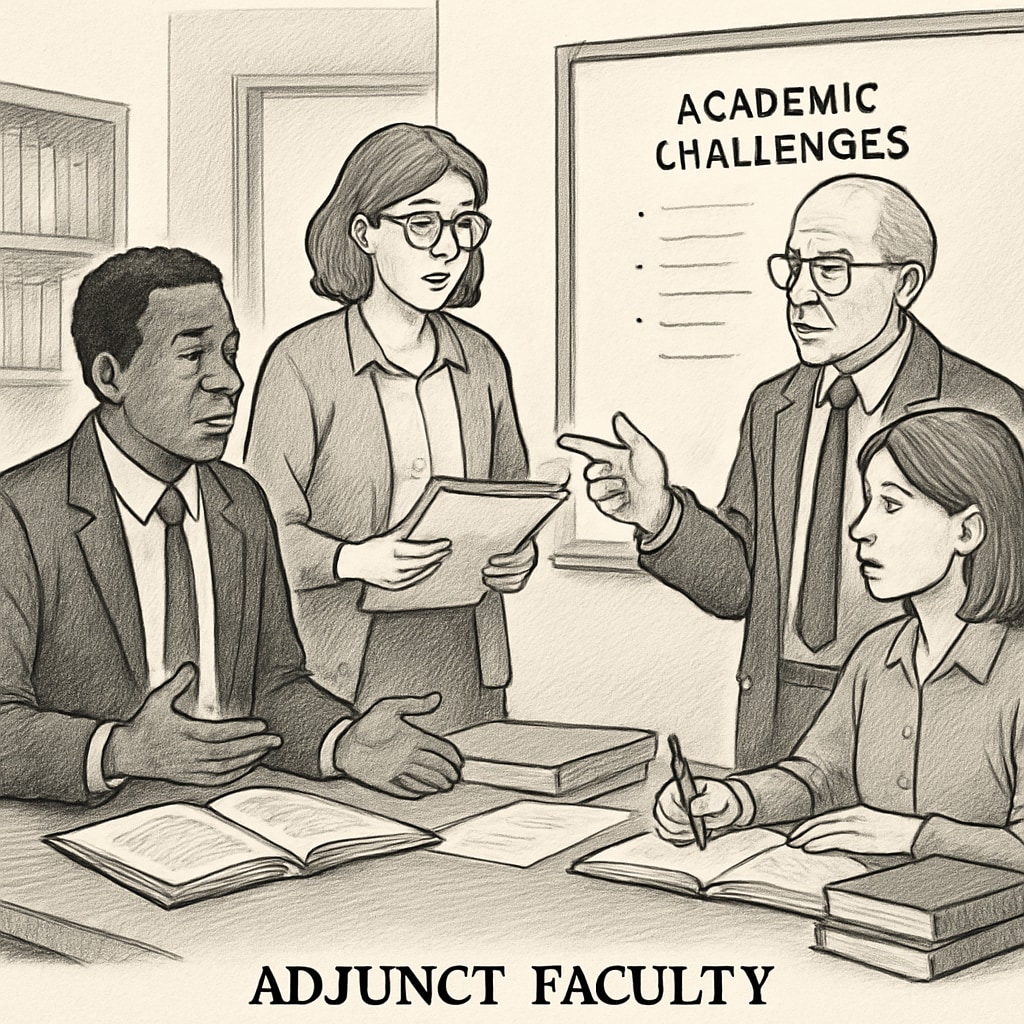Non-full-time faculty in U.S. universities are increasingly burdened by academic exploitation, a troubling phenomenon tied to teaching contracts, research quotas, and the overarching pressures of academic publishing. These educators, often hired on a part-time or adjunct basis, are expected to produce high-quality research while being compensated primarily for their teaching duties. This mismatch in expectations and remuneration poses serious challenges to education quality and the professional growth of these faculty members.

The Unequal Burden of Academic Expectations
One of the most glaring inequities faced by non-full-time faculty is the demand for research contributions despite their limited contracts. Many universities, particularly those seeking accreditation from institutions like the AACSB (Association to Advance Collegiate Schools of Business), impose stringent research quotas on all faculty members, regardless of their employment status. For adjunct and part-time educators, this creates an untenable situation where they are required to meet the same academic standards as full-time professors, without the corresponding salary or institutional support.
For example, adjunct faculty often lack access to essential resources such as research funding, dedicated office space, or administrative assistance. Yet, they are expected to publish in reputable academic journals to bolster the university’s reputation. This system not only exploits the labor of these educators but also undermines the integrity of academic research by forcing scholars into a cycle of quantity over quality.
Impacts on Education Quality and Career Development
The implications of this exploitation extend beyond individual faculty members, affecting students and the broader academic community. Non-full-time educators, stretched thin by the dual demands of teaching and research, often struggle to provide the level of engagement and mentorship that students deserve. As a result, the overall quality of education suffers.
Additionally, the career prospects of these faculty members are severely hindered. The lack of institutional support and fair compensation leaves little room for professional development. Many adjunct professors find themselves trapped in a cycle of precarious employment, unable to secure full-time positions or advance their academic careers.

Moving Toward Fairness and Equity
To address this issue, universities must rethink their approach to faculty employment and academic evaluation. Several steps can be taken to create a more equitable system:
- Redefine Contracts: Universities should clearly differentiate the roles of teaching and research faculty, ensuring that non-full-time educators are not burdened with unrealistic expectations.
- Provide Resources: Adequate funding, access to research tools, and institutional support must be extended to all faculty members, regardless of their employment status.
- Adjust Compensation: Salaries should reflect the scope of responsibilities assigned to each faculty member, including research output and academic contributions.
- Advocate for Policy Changes: Accrediting bodies like AACSB should revise their criteria to acknowledge the disparities faced by non-full-time faculty, promoting fair practices across institutions.
As the academic landscape continues to evolve, universities have a responsibility to prioritize fairness and equity. By addressing the exploitation of non-full-time faculty, institutions can foster an environment that values both education quality and the professional growth of educators.
Readability guidance: This article uses short paragraphs, active voice, and transitional words to ensure clarity. Lists and examples help summarize key points effectively, making the content accessible to a broad audience.


